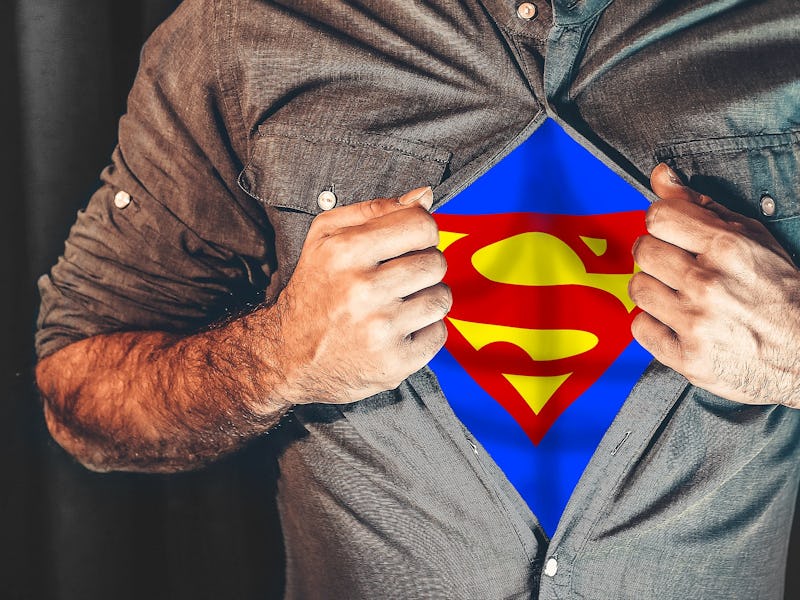James Shaw Jr: Science Explains the Psychology of Heroism
Is anyone really a hero?

James Shaw Jr. insists he is no hero. Still, when the 29-year-old wrestled a rifle away from the gunman who shot and killed four people at a Waffle House near Nashville early Sunday, he committed what many see as an act of heroism.
But to hear Shaw Jr. tell it, he was motivated only by self-interest, an innate drive to persist. “I did that completely out of a selfish act. I was completely doing it just to save myself,” Shaw Jr. said, per CNN. “I don’t want people to think that I was the Terminator or Superman or anybody like that.”
Maybe both things are true at the same time — perhaps Shaw Jr. acted with selfish heroism. In fact, a 2014 study published in PLOS One suggests that heroic acts are as Shaw describes them. Researchers David G. Rand and Ziv G. Epstein analyzed the firsthand accounts of Carnegie Hero Medal Recipients, people who risked their lives to save others and were deemed “extreme altruists.” Study participants read these testimonies and then rated the described decision-making processes on a scale from intuitive to deliberate.
The results were a bit counterintuitive. Rand and Epstein found that heroic acts seem to be motivated not by contemplation, but instinct. “We provided evidence that when extreme altruists explain why they decided to help, the cognitive processes they describe are overwhelming intuitive, automatic and fast,” the study says. That is, people who commit acts of heroism are not necessarily fearless or more able to overcome fear. They are just inclined to action.
That’s not to say that some people aren’t more inclined to heroism, and even extreme altruism, than others. We are all aware of people who are more generous and braver than most, and there is likely a biological component to these differences. People who donate their kidneys to strangers, for instance, have been found to possess unusually large amygdalas, an area of the brain tied to fear responses, memory, and learning.
People who donate kidneys to strangers have unusually large amygdalas.
It’s possible that Shaw Jr. is among this crowd. In what is becoming commonplace following mass shootings, the avowed non-hero set up a GoFundMe page for the victims and their families. So it seems that his altruistic tendencies extend beyond the impulse to grapple with the gunman.
Is Shaw Jr. a hero? If the answer is no, then it seems like very few would qualify for the designation. Just because heroism has been shown to be instinctual doesn’t mean that people who commit heroic acts shouldn’t be praised. They should be praised not because they are anomalous people whose heroism is independent of instinct, but because as a matter of social policy, we want more people to act like heroes.